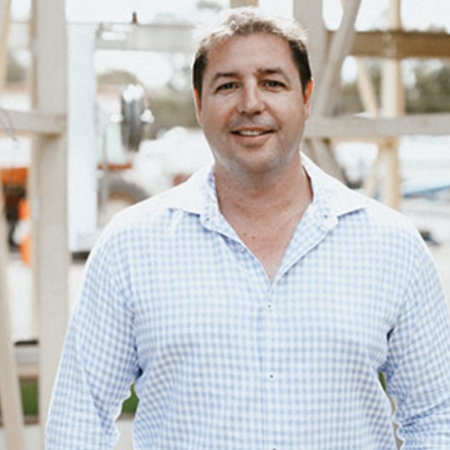March 26, 2024
We chat to Adam Robinson of Robinsons Grain, a family-owned business specializing in grains and pulses both internationally and domestically, about the current outlook for the Australian market.


Most of those lentils at the moment are going to a mixture of countries but the trade is dominated by India. Since October, we exported roughly 350,000 tonnes into India, and probably 160,000 tonnes of that was in October, and November, which was generally last season's crop. December was around 147,000 and January was around 43,000 tonnes and that's for India alone. After that, we've got Sri Lanka, which is still very dominant, and Bangladesh.
The exports of chickpeas have been relatively strong. We've exported around 270,000 tonnes from October through to January, which was a mixture of the current season’s yield and last season’s as well as the season before that. The reality for chickpeas is that we don't have a lot of export markets. We have two main markets, Pakistan and Bangladesh, and obviously, India is out of the market for desis.
I think the key message that we've been sending consistently is that if there is to be a policy change in India at any stage, it needs to be flagged before planting because the farmers in Australia are very aware that they have limited demand for chickpeas. We have Bangladesh, which is about a 250,000 tonne import market and Pakistan, which can be between 250 and 300,000 tonnes of demand a year from Australia. If we produce any more than that, then we have nowhere to go with those chickpeas. That’s why we're still exporting even now, 2020, 2021, 2022, 2023 and 2024 season chickpeas. That's another reason why the actual overall production was down this year on chickpeas because the incentive for the farmer was not great and pricing was very low.
At this point, the desi chickpea market in Australia is on a very fine balance between supply and demand. We know we can grow large amounts of chickpeas and we have in the past — over 2 million tonnes back when India was open. Without India as a customer, it's very difficult for Australian farmers to plant and grow large crops of desi chickpeas because our demand is limited.
READ THE FULL ARTICLEGary Robinson, Director (Left), Trent Robinson, Site Manager - Dubbo (Middle), Adam Robinson, General Manager - Sydney (Right)

Robinsons Grain / Adam Robinson / Australia / desi chickpea / faba bean / red lentil / India / Egypt / Sri Lanka / Bangladesh
Disclaimer: The opinions or views expressed in this publication are those of the authors or quoted persons. They do not purport to reflect the opinions or views of the Global Pulse Confederation or its members.